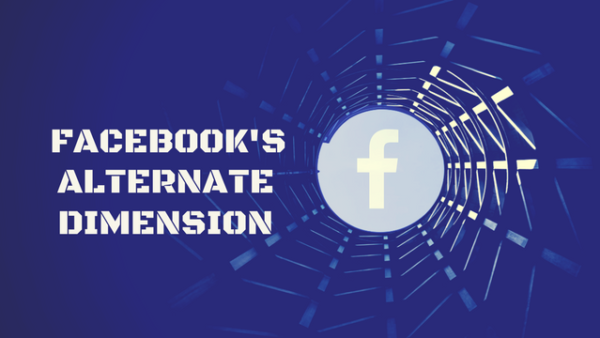Facebook has undergone many evolutions. Targeted primarily to Ivy League students when it launched, the platform expanded its reach to everybody over 13 in 2006, although it continued to be perceived as a social network for young people. By 2012, however, teachers, parents, and other sundry grownups were all on Facebook. That daring new youthful feel was gone, and high schoolers and college students were jumping ship to Twitter and Snapchat. Facebook had become the “old people’s social network.” Today, Facebook is evolving again and engaging young people, and the “groups” functionality is leading the way.
Closed Facebook groups are not a recent feature, but they were traditionally used on a smaller scale, primarily as a way to keep in touch with specific groups of people encountered in high school classes or at summer camps. However, the groups feature is now being used to cultivate large communities of people from all over the world. From niche meme groups to discourse groups to groups centered on a specific societal phenomenon, people are making worthwhile connections with people from closed Facebook groups. Closed groups can allow for the repercussion-free unfiltered speech that many people long for in social networks. Members are able to interact with each other without fear of family members or potential employers judging their niche interests and opinions.
Many discourse groups form around a political ideology. This has given rise to Leftbook, the conglomeration of Facebook groups featuring left-leaning discourse. These groups tend to be quick to ban someone who violates the rules, some of which are strict enough that people have been banned for “haha” reacting to the wrong comment, but they do create a space for like-minded individuals to communicate and discuss minutiae of political ideology. Right-wing groups are less common on Facebook. Although these groups do exist, there is much more hard-right discourse on platforms like Reddit and 4chan.
While these groups can be tagged anywhere, they also boast heavy user engagement within them, collecting hundreds or even thousands of posts every day. However, there are other groups that are created for the sole purpose of tagging, aptly named “tag groups.” For example, when someone says exactly what you were about to say in response to a post, you can tag the group “I came here to say this.” When someone writes a long post that doesn’t actually communicate anything, you can tag “those are certainly all words.” Tag groups include “sounds _____ but ok” (many groups follow this format), “*slams join request*,” “sounds like another group I gotta join,” etc. Some of them may have hundreds of members but little to no activity.
Many times, Facebook groups are the only way for people to find others with similar interests. While it may be hard to run across people in our daily lives who are into jazz, memes about Unkle Adams, or extremely specific anime references, the internet opens up a Pandora’s box of connections with like-minded people from across the globe. These groups have fostered real friendships and even romantic relationships. They have transformed Facebook into a more personal platform.
Even though Facebook groups can be valuable, a lot of users still don’t even know they’re available. Facebook might still be the social platform of choice for the demographic that’s drawing Social Security checks, but the potential of closed groups is encouraging Gen X, Y, and Z users to take another look at it. Do other social networks have the potential to offer the niche experience of Facebook groups? We’re excited to find out.
As Always,
Be social. Stay social. #UMSocial
Post written by Kenan Milliean, Social Media Intern at The University of Michigan.



